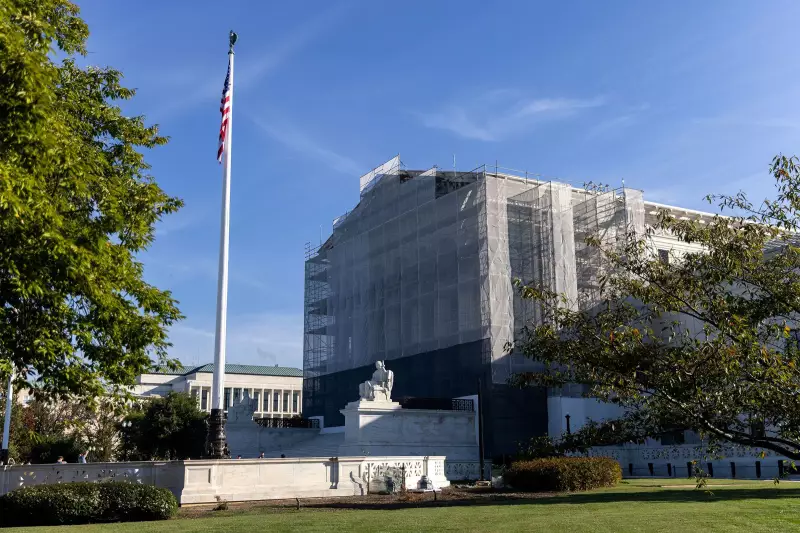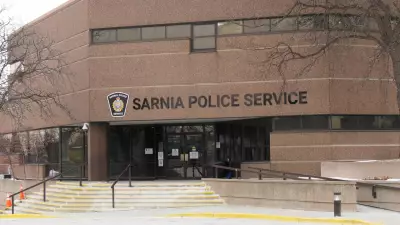
Landmark Religious Freedom Case Reaches Supreme Court
The United States Supreme Court has agreed to hear a significant religious freedom case involving a Rastafarian man who is seeking legal recourse against prison officials for cutting his dreadlocks. This case represents a crucial test of religious protections within correctional facilities and could set important precedents for how institutions handle religious practices.
The Core Legal Battle
At the heart of this legal dispute is whether the Rastafarian individual can proceed with his lawsuit against prison authorities. The plaintiff argues that cutting his dreadlocks violated his religious freedoms, as dreadlocks hold deep spiritual significance within the Rastafarian faith. The case will examine the balance between prison regulations and constitutional religious protections.
The Supreme Court building in Washington, DC, will host these proceedings, with the case scheduled for the current term. Legal experts are closely watching this matter, as it could influence how religious accommodation claims are handled within correctional systems nationwide.
Broader Implications for Religious Rights
This case extends beyond the individual plaintiff, potentially affecting how all religious practices are accommodated within institutional settings. The outcome could establish clearer guidelines for when religious practices must be respected versus when institutional security concerns may override them.
The November 10, 2025, announcement marks a significant development in religious freedom jurisprudence. Civil rights organizations and religious advocacy groups are expected to file amicus briefs supporting the plaintiff's position, while correctional authorities will likely argue for maintaining discretion in security matters.
As the Supreme Court prepares to hear arguments, this case highlights ongoing tensions between individual religious expression and institutional authority. The decision could reshape how religious diversity is managed within America's prison system and potentially other government institutions.





